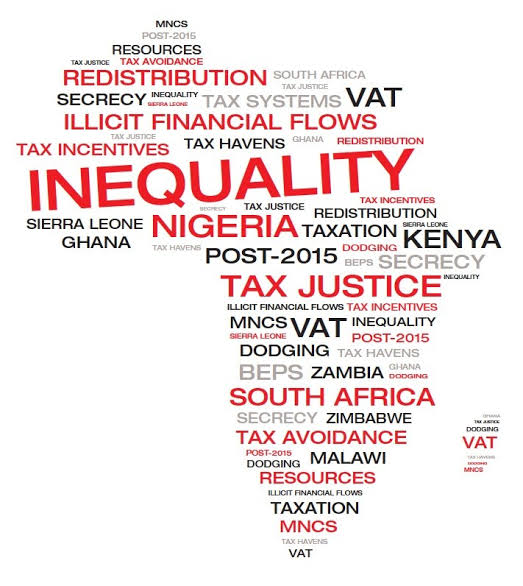By Appolinaire Nishirimbere
“In this world, nothing is certain but death and taxes,” said an eminent economist.
However, this adage seems to apply only to ordinary citizens. Did you know, for example, that while we are all obliged to pay value added tax (VAT), as consumers multinational companies companies that sale us goods could have benefited from a tax holiday on its income and transferred it to its very rich country of origin?
On Friday, October 25th, I was at a dinner organised by Agence pour la Promotion des Investissements (API, Investment Promotion Agency) at the Lake Tanganyika Hotel Club to conclude the week marking the 10th anniversary of this Agency.
The representative of the Agency gave a speech that I liked on the one hand, but that shocked me on the other. He announced that many foreign companies had been registered for tax holidays, with a mixed record over the last 10 years, he added that these companies would be asking for the extension of the tax exemptions.
I have always maintained that foreign investors the most important thing is not the tax holidays, which cost African states huge amounts of revenue, badly needed for basic public services such as health, education, infrastructure, etc. Among other things, investers are more interested in the following:
- the market (supply and demand);
- he existence of a cheap and skilled workforce;
- the existence of road and electrical infrastructure, etc .;
- political and security stability;
- good governance / anti-corruption.
There is no evidence to support the belief that tax exemption attract multinationals. On the other hand, if the above needs and conditions of multinationals are met, they will definitely come even uninvited.
Which is why it is worth asking why African countries provide extra gift to multinational companies? After all these companies have the habit of closing business and leave a country on the grounds of “deficit” or “bankruptcy”, only to reopen by metamorphosing under a different name to benefit again and again from another period of tax exemption as a new investor.
A report to the High Level Group chaired by former South African President, Thabo Mbeki, endorsed in January 2015 by African Heads of State and Government, Africa loses more than 50 billion US dollars annually in illicit financial flows (IFFs) to industrialised countries or tax havens by means of tax evasion, tax avoidance, criminal business activities, corruption etc. As a result, loopholes in tax laws, tax exemption laws or regulations in Africa are among the ways Africa lose money to multinational corporations operating on the continent.
This money lost in IFFs greatly exceeds the amounts received in development aid, which makes Africa a “net creditor” to the rest of the world, to use the words of Professor Léonce N.
Should we then exempt certain investors or entrepreneurs? Yes, if a benefit-loss analysis is performed and, if and only if, such exemptions benefit local entrepreneurs / investors.



